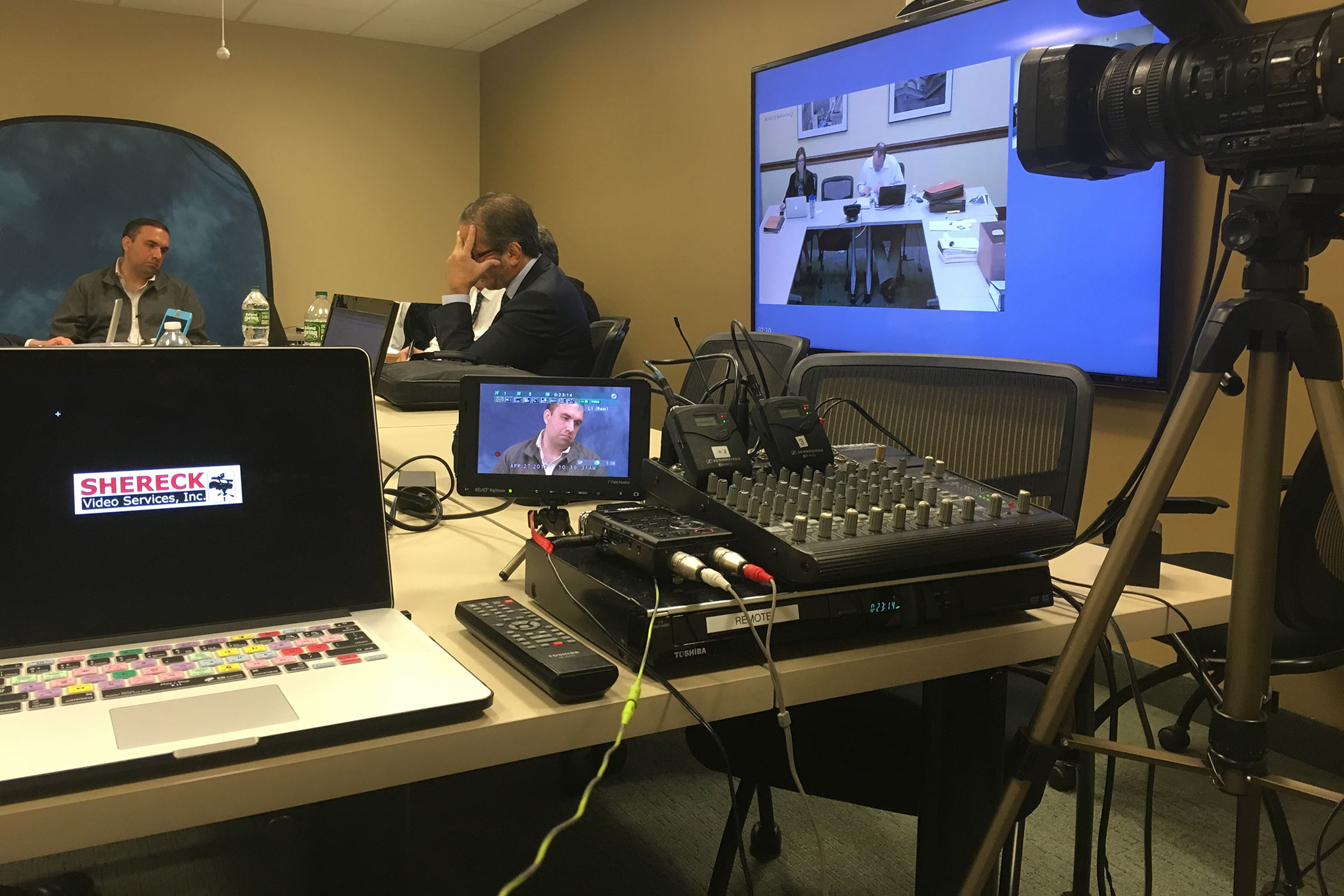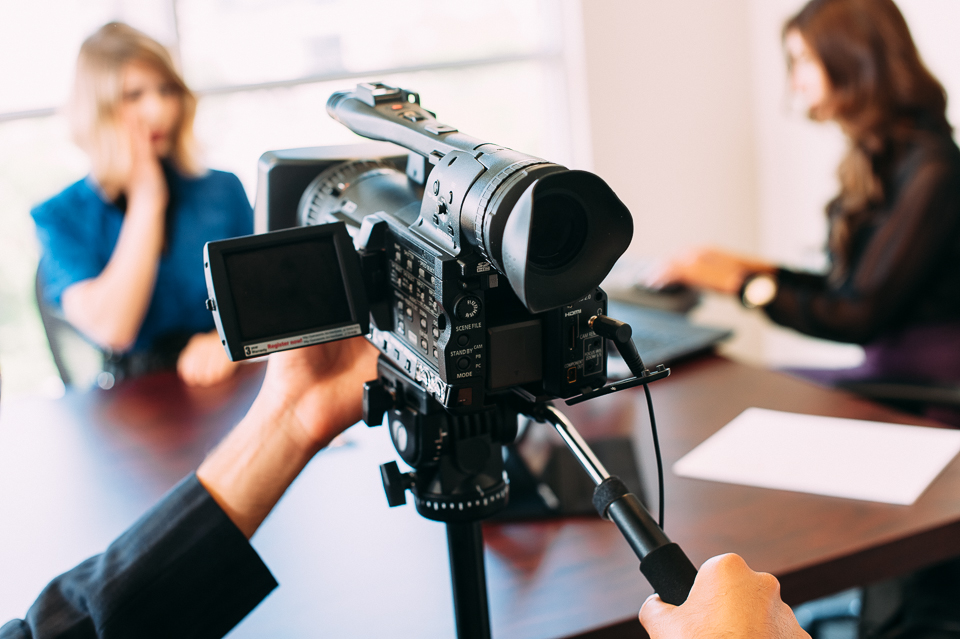Advanced Legal Videography for Mediations.
Advanced Legal Videography for Mediations.
Blog Article
The Role of Lawful Videography in Depositions and Tests
Lawful videography has emerged as a necessary device in both depositions and trials, offering a complex strategy to recording witness testaments. As legal professionals increasingly recognize its value, it triggers a much deeper exam of exactly how these aesthetic records can affect juror understandings and trial end results.
Significance of Legal Videography
Legal videography plays a critical duty in the documentation and discussion of depositions and trials. This specific field combines technological abilities with lawful expertise to create a trustworthy document of proceedings that can substantially influence case end results. The appearance of lawful videography boosts the understanding of witness testament, permitting jurors and courts to observe not only the talked words but additionally the disposition, feelings, and body movement of the witnesses.

The value of legal videography prolongs beyond the courtroom; it likewise plays an essential role in maintaining evidence for future referral, whether for charms or more lawsuit. Its integration into the legal process is vital for guaranteeing a fair and exact depiction of the truths, ultimately contributing to the pursuit of justice.

Process of Legal Videography
While recording the nuances of depositions and tests, the procedure of legal videography entails several critical steps that ensure high-grade, accurate recordings. An expert legal videographer prepares by assessing the case products and understanding the specific needs of the deposition or trial. This preparation includes familiarizing themselves with the individuals and the context, which helps in capturing essential information.
On the day of the recording, the videographer establishes the necessary tools, which usually consists of high-def video cameras, microphones, and appropriate lights. Ensuring optimal angles and audio high quality is essential, as it directly affects the performance of the recording. The videographer interacts with lawyers and individuals to develop protocols, guaranteeing that everybody recognizes the recording process.
During the deposition or test, the videographer meticulously records the process, paying attention to both verbal and non-verbal signs. legal videography. This includes recording the attitude and reactions of witnesses and lawyers. After the session concludes, the videographer may modify the video for quality and conformity with legal standards, creating a last item that accurately shows the procedures for future referral and usage in legal contexts
Advantages in Depositions
The unification of videography in depositions uses various benefits that enhance the overall process of collecting evidence. One key benefit is the capacity to catch witness statements with visual and acoustic you can try these out fidelity, providing a more precise representation of the witness's behavior, tone, and body language. This multidimensional approach permits lawyers and juries to analyze trustworthiness extra successfully than conventional written records alone.
Furthermore, videographed depositions act as an effective tool for preserving statement. Must a witness become unavailable for trial, their taped deposition can be played find more in court, making certain that their evidence continues to be accessible and relevant. This element significantly reduces the risk of shedding essential information that might affect situation outcomes.
Additionally, using lawful videography advertises better preparation for lawyers. Examining video clip footage permits legal teams to examine and improve their strategies, recognizing toughness and weak points in their situations. This preparatory benefit can cause even more engaging discussions in court.
Finally, videography improves the total professionalism and reliability of the deposition process, instilling self-confidence in customers relating to the thoroughness of their legal depiction. By leveraging technology, lawful experts can substantially enhance the performance of depositions.
Influence On Tests
In lots of tests, the integration of videography can dramatically affect the discussion of evidence and the jury's assumption. Lawful videography records witness statements and important proof in a dynamic layout, permitting jurors to engage with the material on multiple levels. This aesthetic part improves the narration aspect of a trial, giving context and emotional resonance that standard text-based proof might do not have.
Additionally, video recordings can function as effective tools for impeachment throughout cross-examination. When discrepancies develop in between a witness's previous declarations and their courtroom statement, video proof provides an objective reference that can sway jurors' viewpoints. This immediacy and quality can bolster the trustworthiness of an event's narrative while at the same time undermining opposing disagreements.
In addition, using videography can help enhance complex info, making it extra available to jurors that may battle to understand elaborate details provided entirely through verbal testament. By integrating visuals with acoustic details, lawful videography can improve retention and understanding, ultimately like this affecting the jury's decision-making procedure. For that reason, the influence of videography in tests prolongs past plain looks; it plays an essential role fit the legal landscape and outcomes.
Future Trends in Legal Videography
As we look toward the future of lawful videography, several arising trends promise to reshape its function within the court room. One significant pattern is the assimilation of fabricated intelligence (AI) in video evaluation and editing and enhancing - legal videography. AI can improve the process of identifying key moments in taped depositions, enabling lawyers to promptly access relevant content, consequently enhancing effectiveness in case prep work
In addition, the rise of digital truth (VR) and boosted truth (AR) modern technologies is expected to change exactly how jurors experience evidence. By immersing jurors in a substitute atmosphere, these modern technologies can offer a much more profound understanding of intricate situations, causing more informed considerations.

Moreover, the raising demand for remote depositions, sped up by the COVID-19 pandemic, will likely proceed. Lawful videographers will require to adapt to brand-new software and platforms to guarantee top notch recordings in virtual settings.
Lastly, the growing focus on information safety and security will certainly necessitate stricter procedures for saving and sharing video clip evidence. As the legal landscape progresses, legal videographers should stay abreast of these trends to keep their importance and performance in the judicial procedure.

Verdict
In recap, lawful videography serves a vital function in the judicial procedure, enhancing the honesty of depositions and trials. By capturing the nuances of witness statements, this tool not just maintains important proof yet also aids in offering info efficiently to jurors. The importance of visual paperwork in evaluating integrity and facilitating interrogation can not be overemphasized. As modern technology proceeds to advance, lawful videography is positioned to further transform its duty within the legal landscape.
Report this page